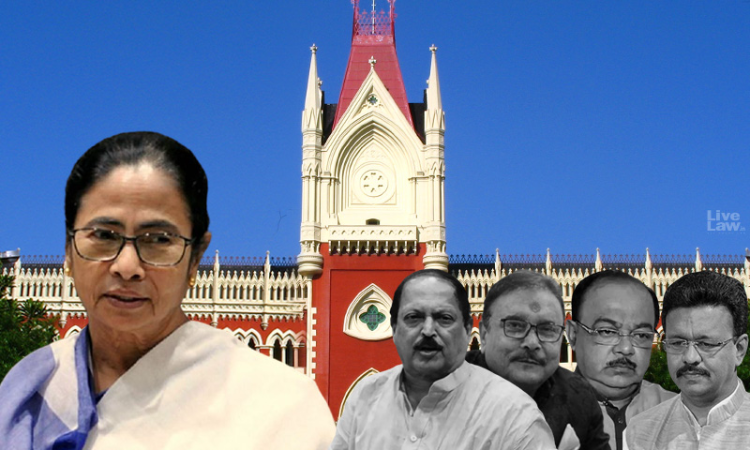Can Judicial Order Be Set Aside On Public Perception?Calcutta High Court Asks CBI In Narada Case
LIVELAW NEWS NETWORK
27 May 2021 5:38 PM IST

Unless it is shown that the mob protest influenced the CBI judge, how can the order be cancelled, the High Court asked.
Next Story


